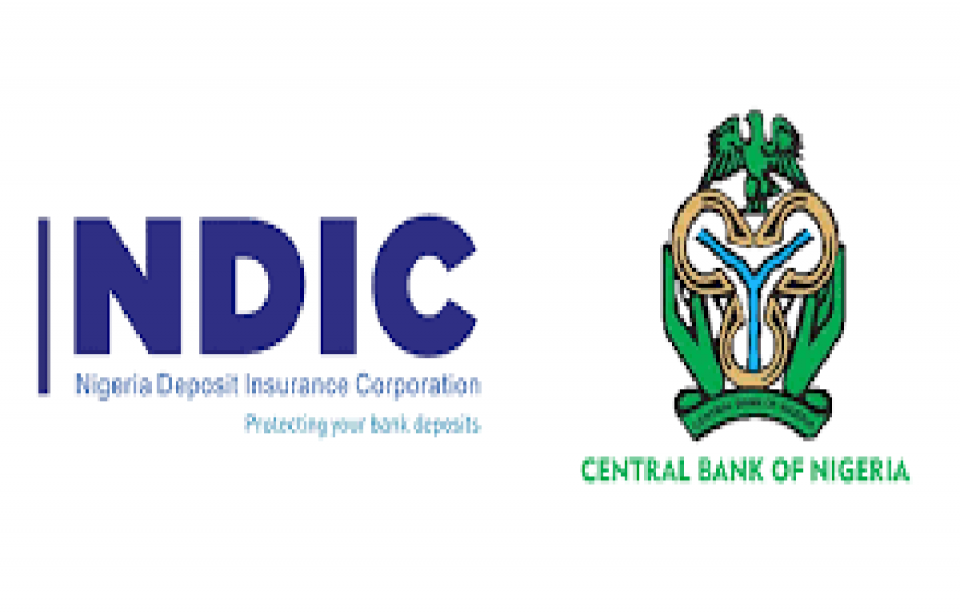Financial analysts are awaiting the details of the bill to repeal the Banks and Other Financial Institutions Act (BOFIA) CAP B3 Laws of the Federation of Nigeria 2004 and to re-enact Banks and Other Financial Institutions Act (BOFIA) CAP B3 Laws of the Federation of Nigeria 2004 (Amendment) Bill, 2020, which the Senate on Wednesday, July 22, 2020 passed.
Both the Central Bank of Nigeria (CBN) and the Nigerian Deposits and Insurance Corporation (NDIC) have presented opposing views as regards the power to regulate and supervise the banks.
The NDIC is seeking more powers to set aside insuring depositors’ funds, and participate in the licensing of banks. But the apex bank has rejected the proposal, insisting that the global best practice is to have a legislation that empowers the central bank-the financial sector regulator- to license, regulate, supervise banks and promote their soundness and stability.
The NDIC is expected to step in after the revocation of operating licenses of banks for the payment of insured depositors.
The passage of the bill passed normal legislative processes, which started with the sponsors presenting the Bill for First Reading on Tuesday, May 12, 2020 and a Second Reading on Tuesday, May 19, 2020. Following the debate by the Senate at the plenary, the Bill was referred to the Senate Committee on Banking, Insurance and Other Financial Institutions for further legislative actions.
Wednesday’s passage of the Bill, after a clause by clause consideration by the Senate at its Plenary, followed the public hearing by the Senate Committee on Banking, Insurance and Other Financial Institutions on Wednesday, July 15, 2020, to consider the opinions of stakeholders in the industry such as the Central Bank of Nigeria (CBN), the Federal Ministry of Finance, Body of Bank CEOs and the Nigeria Deposit Insurance Company (NDIC).
Others at the hearing were the Securities and Exchange Commission (SEC), Corporate Affairs Commission (CAC), the Chartered Institute of Bankers of Nigeria (CIBN), the Nigeria Labour Congress (NLC), the Financial Correspondents Association of Nigeria (FICAN), the Association of Senior Staff of Banks, Insurance & Financial Institutions (ASSBIFI) and the National Union of Banks, Insurance and Financial Institutions Employees (NUBIFE).
In addition to strengthening the Nigerian financial system, the Bill sponsored by Senator Uba Sani (Kaduna Central) and co-sponsored by Senator Betty Jocelyn Apiafi (Rivers West), seeks to regulate banking and businesses of other financial institutions by prohibiting the carrying on of such businesses in Nigeria except under licence and by a company incorporated in Nigeria.
The Bill also made adequate provisions for proper licensing, supervision and revocation of licenses of such institutions by the Central Bank of Nigeria.
However, for the Banks and Other Financial Institutions Act (BOFIA) CAP B3 Laws of the Federation of Nigeria 2004 (Amendment) Bill, 2020, passed by the Senate to become Law, it has to be similarly passed by the House of Representatives; after which the reports will be harmonised and forwarded to the President for assent.
The CBN in her lead presentation recognised that whilst the extant BOFI Act 1991 (and amended in 1997, 1999 and 2002) provided appropriate foundation for the growth and development witnessed in Nigerian banking sector over the last three decades, significant financial, socio-economic and technological transformations that are being witnessed necessitate review of the legal framework to ensure that it remains fit-for-purpose.
The bank alluded to widespread innovation in channels for delivering financial services, emergence of new types of regulated institutions, advancements in supervisory techniques and methodologies as some of the contemporary developments that necessitate the need to upscale the legal framework for banking regulation and supervision in Nigeria.
But the NDIC boss, Ibrahim, said there are variances in the Bills that may be perceived as overlapping mandates between the NDIC and the CBN should be clarified in order to avoid any ambiguity in the laws governing their operations and should be reflected in the BOFIA 2020.
This, he said, was specifically critical in the area of the resolution of failing banks where the NDIC should be recognised as the primary actor in the resolution process while the CBN intervenes in the event of systemic crisis.
Cyril Ampka, an Abuja based financial analyst said overlap of roles can hinder effective regulatory oversight, hence the need for the updated law that provides clarity on each regulator’s role in the new BOFIA 2020.
He said that as a developing country, Nigeria needs a central bank whose roles are not limited to microeconomic management, but have full control of what happens within the banks and financial system.
Speaking on the development, former President, Chairman of Council, Chartered institute of Bankers of Nigeria, Okechukwu Unegbu, said the NDIC needed to know that their core function is deposit insurance. Licensing of banks is totally outside of NDIC’s assigned role, hence they should rather concentrate on how to ensure that depositors get their funds in good time after a bank is liquidated.




